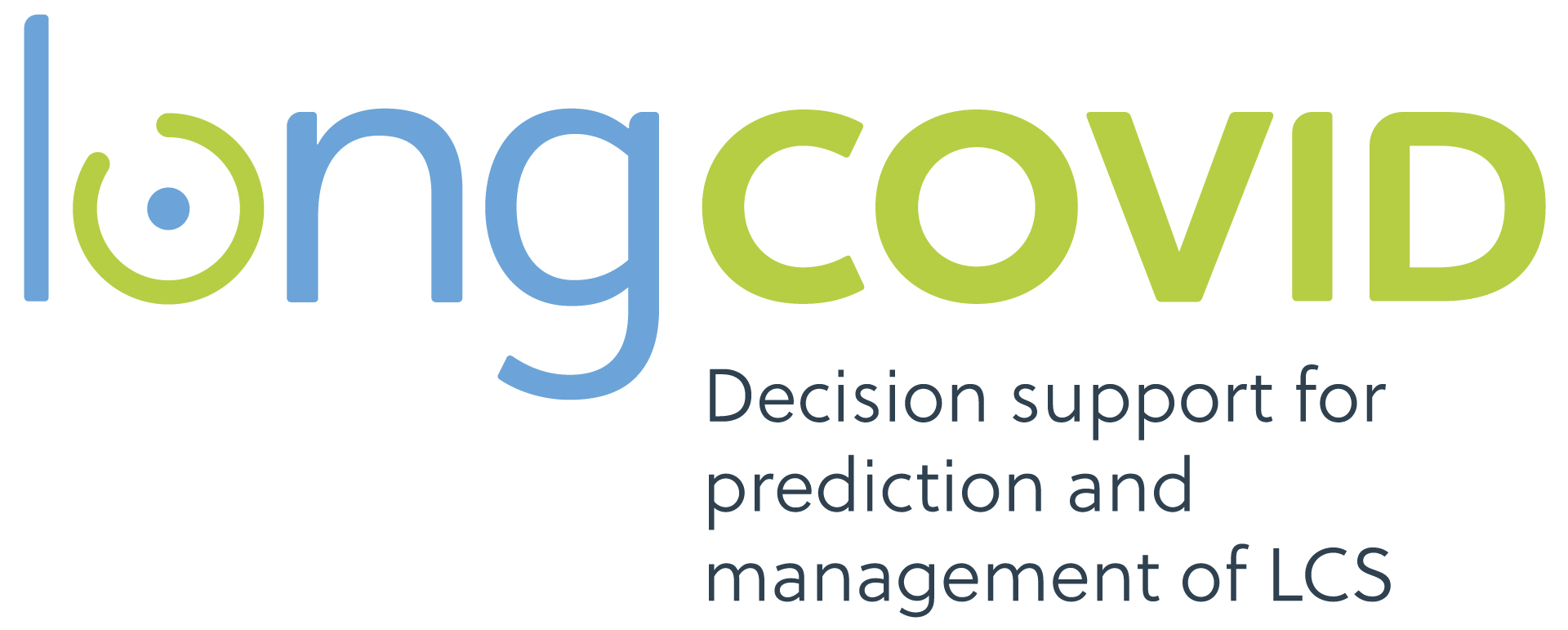Examples of relevant projects and initiatives related to the Covid-19 pandemic and Long Covid with whom the Long COVID project will intend to collaborate:
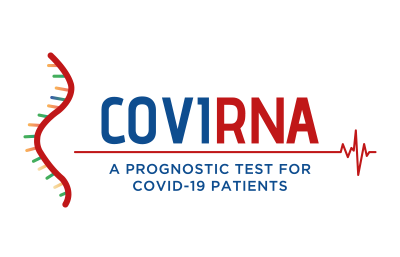
COVIRNA
The overall goal of the COVIRNA project is to generate a diagnostic test based on cardiovascular RNA biomarkers highly predictive of the clinical outcomes of COVID-19 patients and to enable its rapid market uptake with the aim to improve individualised surveillance, care and follow-up of these patients in the context of the current pandemic.

NEUROCOV
During five years the interdisciplinary NEUROCOV consortium will investigate the role of the host-virus interplay in the occurrence of neurological and psychiatric symptoms resulting from COVID-19 as a foundation for new treatment options.

ORCHESTRA
ORCHESTRA (Connecting European Cohorts to Increase Common and Effective Response to SARS-CoV-2 Pandemic) is a three-year international research project aimed at tackling the coronavirus pandemic, involving 26 partners (extending to a wider network of 37 partners) from 15 countries: Argentina, Belgium, Brazil, Congo, France, Gabon, Germany, India, Italy, Luxemburg, Netherlands, Romania, Slovakia, Spain, and Venezuela.

END-VOC
END-VOC aims to elucidate the global circulation of the current and emerging SARS-CoV-2 Variants of Concerns (VOCs) and their characteristics, including transmissibility, pathogenicity and propensity to cause reinfection, to support best control strategies and the development of diagnostics; evaluate the impact of VOCs on the effectiveness of different vaccines and vaccination strategies, and assess the implications of VOCs on the choice of optimal treatment options.

EuCARE
The EuCARE project gathers a comprehensive multidisciplinary team of clinicians, virologists, epidemiologists, statisticians and top experts in artificial intelligence to unveil the impact of SARS-CoV-2 variants on key sectors of public health, as addressed by the call. To ensure a suitable representativeness of the different variants, vaccines and preventive measures, EuCARE has secured the appropriate cohorts from diverse geographic areas including European countries, Kenya, Mexico, Russia and Vietnam, and will consolidate or expand interactions with other cohorts.
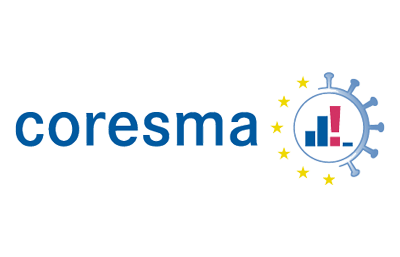
CORESMA
CORESMA is working on an mHealth surveillance system to obtain real-time clinical data and improve risk assessment in countries most likely to be heavily affected by COVID-19. Researchers will also investigate the role of pre-existing cross or partial immunity against COVID-19 in susceptibility. Using comprehensive modelling and artificial intelligence, they will identify predictors for severe outcome, transmission dynamics and intervention effectiveness.
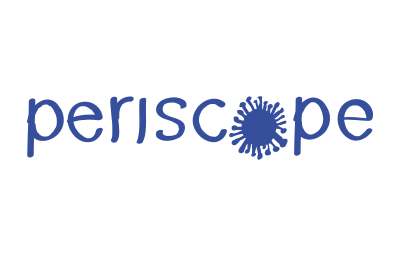
Periscope
The PERISCOPE project aims to conduct in-depth multidisciplinary research to evaluate and better inform Europe’s response to the pandemic. It does so by assessing the outbreak’s impact while taking policy measures as well as epidemiological, health and socioeconomic impacts into account. The main goal of the project is to uncover the real impact of the pandemic by providing a wealth of data and statistical information, promoting evidence-based policymaking while informing effective outbreak response.

COVID-19 host genetics initiative
The COVID-19 host genetics initiative is a bottom-up collaborative effort that has three main goals: 1. Provide an environment to foster the sharing of resources to facilitate COVID-19 host genetics research (e.g. protocols, questionnaires). 2. Organize analytical activities across studies to identify genetic determinants of COVID-19 susceptibility and severity. 3. Provide a platform to share the results from such activities, as well as the individual-level data where possible, to benefit the broader scientific community.
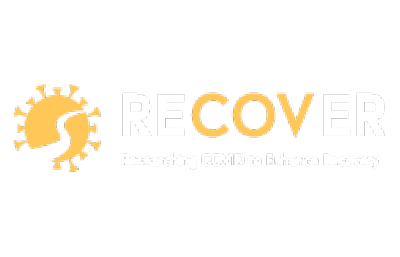
RECOVER: Researching COVID to Enhance Recovery
The National Institutes of Health (NIH, USA) created the RECOVER Initiative to learn about the long-term effects of COVID. The RECOVER Initiative brings together patients, caregivers, clinicians, community leaders, and scientists from across the nation to understand, prevent, and treat PASC, including Long COVID.
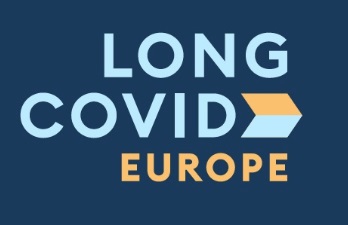
Long COVID Europe (LCE)
Long COVID Europe (LCE) is a European network of Long COVID patient associations run by (current and former) Long COVID patients. LCE offers unique expertise as a patient network, helping third parties cover their patient-centric blind spots. Furthermore, LCE gathers information concerning Long COVID to curate and share with Long COVID stakeholders.
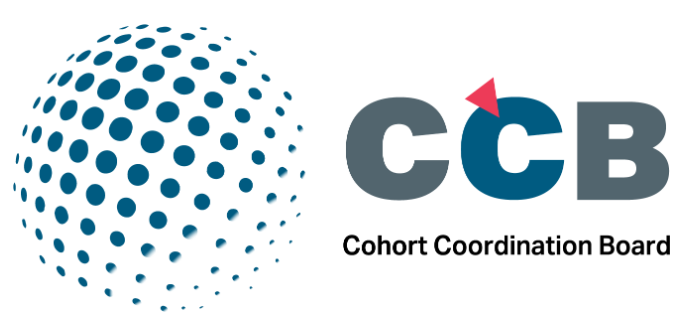
Cohort coordination board (CCB)
https://cohortcoordinationboard.eu/
The Cohort Coordination Board (CCB) is a forum that brings together cohort-based COVID-19 research projects across Europe alongside representatives from the European Commission, EMA, ECDC and EFPIA. It aims to encourage knowledge-sharing, facilitate partnerships, discuss similar challenges and reduce overlap between projects. During the CCB’s monthly meetings, members and external experts are invited to present new initiatives, share preliminary results and discuss common challenges. The Long COVID project is a CCB member.
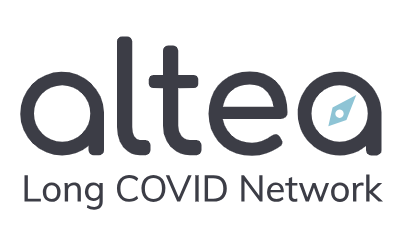
altea long covid network
Altea, the Long COVID network, focuses on the exchange of information about the new Long COVID syndrome. Altea is a meeting place for patients, relatives, medical professionals, researchers and other interested parties.
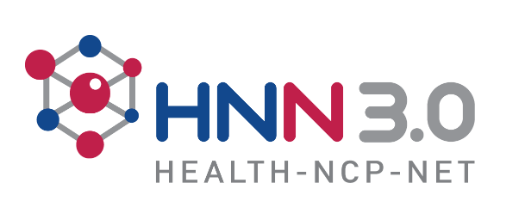
Health-NCP-Net 3.0
HNN 3.0 is a European project funded under the Horizon Europe programme that is aimed at aligning and enhancing the services that National Contact Points (NCPs) for Cluster “Health” (CL1) within the pillar “Global Challenges and European Industrial Competitiveness” of Horizon Europe provide to applicants of European funding for Health research across Europe and worldwide.
The network aims to facilitate transnational cooperation between NCPs for CL1 with a view to identifying and sharing good practices and raising the general standard of support to potential applicants of Horizon Europe in the Health Sector.
